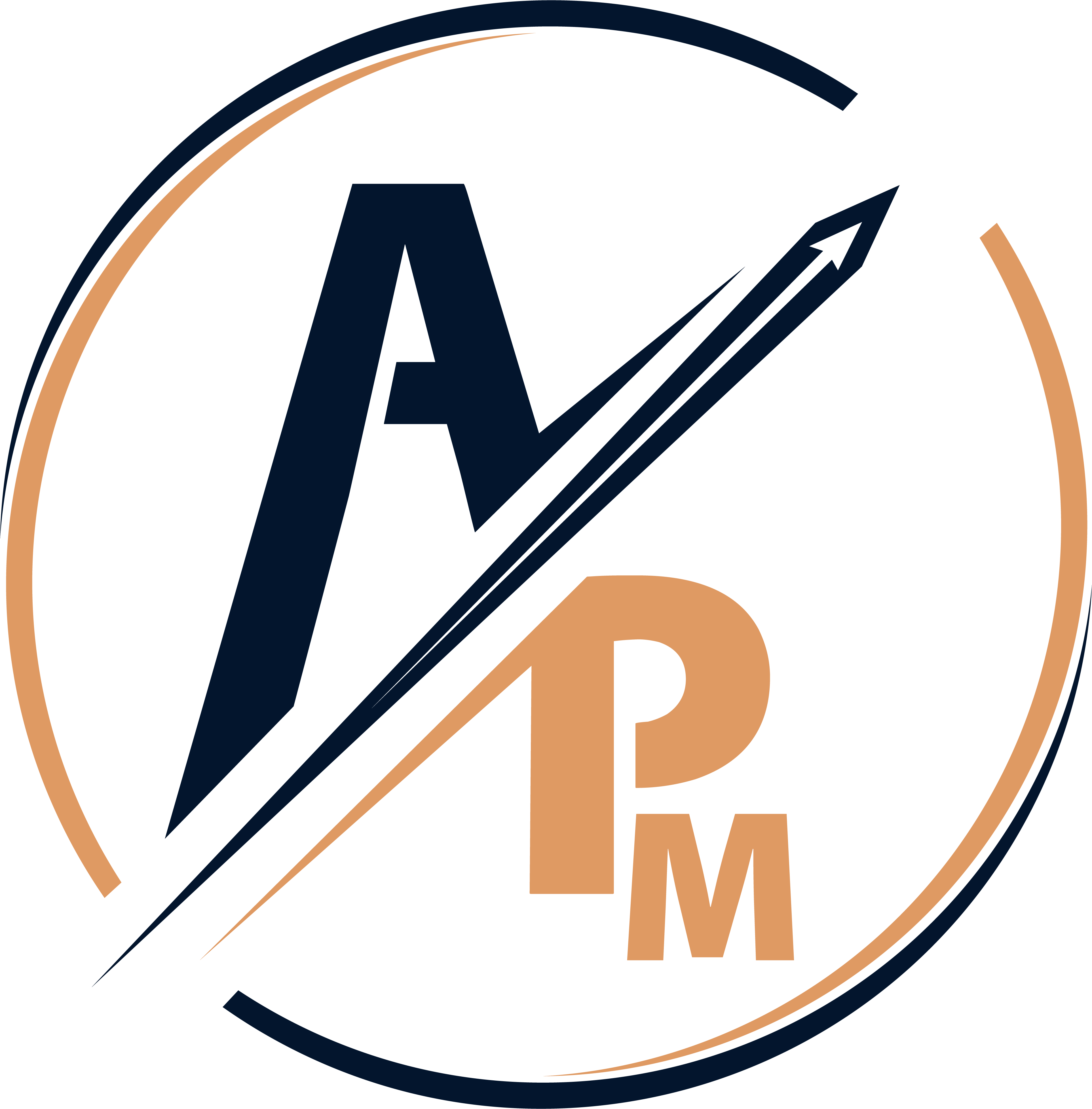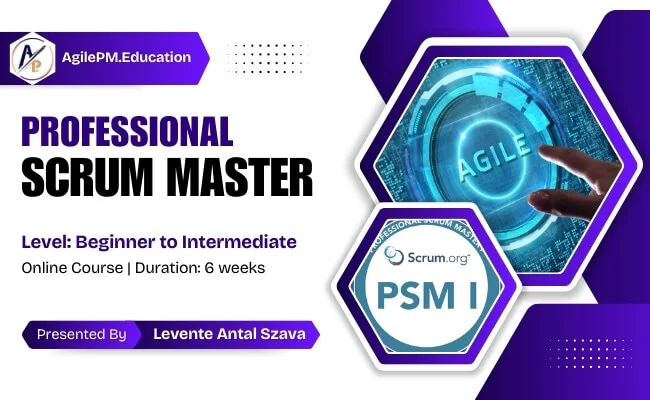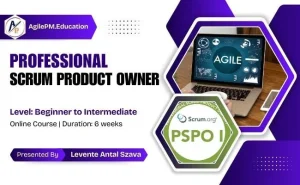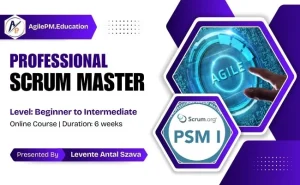The Scrum Master course is designed for individuals and teams seeking to gain a comprehensive understanding of Scrum, a leading Agile framework for managing complex projects. The course introduces the principles, values, roles, events, and artifacts of Scrum, preparing participants to apply the framework to deliver iterative value, improve collaboration, and increase productivity. The PSM 1 exam preparation is not included.
The course uses interactive discussions, hands-on exercises, and case studies to solidify learning.
Total Duration: 16 hours
Level: Beginner to Intermediate
Live Online course (Zoom)
Curriculum
- Module 1: Introduction to Agile and Scrum
- Module 2: Scrum Values and Pillars
- Module 3: Scrum Roles and Responsibilities
- Module 4: Scrum Events
- Module 5: Scrum Artifacts and Commitments
- Module 6: Introduction to Scrum Metrics and Tools
- Module 7: People and Team Development (Self-Managing Teams, Facilitation, Coaching)
- Module 8: Managing Products (Forecasting & Release Planning, Product Value, Product Backlog Management, Stakeholders)
- Module 9: Essential Scrum Master Skills
- Module 10: Scaling Scrum and Real-World Application
- Module 11: Introduction to Scrum Certifications (PSM, CSM, ICAgile)
- Module 12: Assessment
By the end of this course, participants will:
☑ Understand the Agile mindset and Scrum values.
☑ Know the Scrum framework, including its roles, events, and artifacts.
☑ Learn how to effectively contribute to a Scrum team.
☑ Gain insights into how to implement Scrum in their organization.
☑ Develop foundational knowledge to pursue Scrum certifications like PSM I
Recommended audience:
1. Project Managers
Those looking to transition from traditional project management methodologies (e.g., Waterfall) to Agile practices.
They need to understand how to lead teams using Scrum, manage sprints, and adopt Agile principles effectively.
2. Developers & Software Engineers
Team members working in or transitioning to Agile environments benefit from Scrum Foundations training to align with Agile workflows, roles, and responsibilities. They learn how to effectively contribute within the Scrum framework, collaborate with the product owner, and engage in sprint planning and reviews.
3. Product Owners & Business Analysts
Individuals responsible for defining product vision, managing the product backlog, and ensuring stakeholder alignment with the development team. They gain insights into working effectively with development teams in an Agile setup and understanding Scrum artifacts like product backlogs, user stories, and sprints.
4. Scrum Masters
New or aspiring Scrum Masters who need a foundational understanding of Scrum. Scrum Masters are responsible for facilitating Scrum ceremonies, removing team impediments, and coaching teams on Scrum practices.
5. IT & Operations Teams
IT professionals transitioning to Agile methodologies for managing system operations, continuous integration, and deployment processes.
Operations teams may adopt Agile to manage infrastructure and improve communication with development teams.
6. Team Leads
Leaders who want to adopt Agile practices to improve team collaboration, transparency, and productivity.
They would need to understand Scrum roles, responsibilities, and how to foster an environment for successful sprint execution.
7. Quality Assurance (QA) Professionals
QA engineers interested in Agile practices, especially in iterative testing processes, working in cross-functional teams, and adopting continuous testing methodologies.
8. Consultants & Agile Coaches
Consultants or Agile Coaches tasked with helping organizations implement Agile and Scrum practices.
They need foundational knowledge to assist teams in their Agile transformation journeys.
9. HR & Non-Technical Teams
Non-technical teams such as marketing, HR, or even finance may be exploring Agile practices to improve workflow efficiency, transparency, and collaborative work structures. Scrum Foundations can help them understand how Scrum applies outside of software development.
10. Organizations Seeking Agile Transformation
Companies aiming for a shift to Agile methodologies may want key employees trained in Scrum Foundations to drive internal changes.
Training key roles in Scrum helps align organizational goals with Agile principles and practices.
11. Students and Job Seekers
Individuals who are preparing for a career in Agile environments, especially in tech or project management roles, would benefit from foundational Scrum knowledge. Many companies in various industries are adopting Agile, making it a valuable skill set in the job market.
Note: This material is based on the Scrum Guide 2020.



